Anthony Albanese’s decision to make no effort to attract Coalition support for Indigenous voice to parliament is backfiring

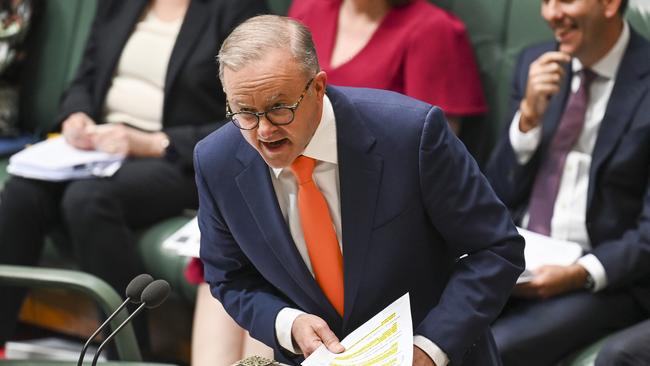
There are still months of the campaign for a voice to run but the immediate reaction to the referendum question passing through the House of Representatives is bad for the Prime Minister’s cause.
The latest Newspoll figures, which it must be said respond to a different question to the previous referendum polling questions, suggest there is an across-the-board movement against the voice and a surge in uncertainty.
The movement against the voice to parliament and the executive government is strongest among older Australians and Coalition supporters.
But there is a move away from the voice since the end of April in all categories and, among the most sympathetic groups of Greens voters, women and the young, there is a jump in uncertainty as they join the “don’t knows”.
Since April, support among Coalition voters for the voice dropped from 39 to 28 per cent, ALP supporters dropped from 72 to 63 per cent and even Greens dropped from 79 to 71 per cent.
But “don’t know” among ALP supporters jumped from 8 to 13 per cent and doubled among Greens voters from 7 to 14 per cent.
Sympathy among women voters, those who are university educated and the young is bleeding into the “don’t knows”.
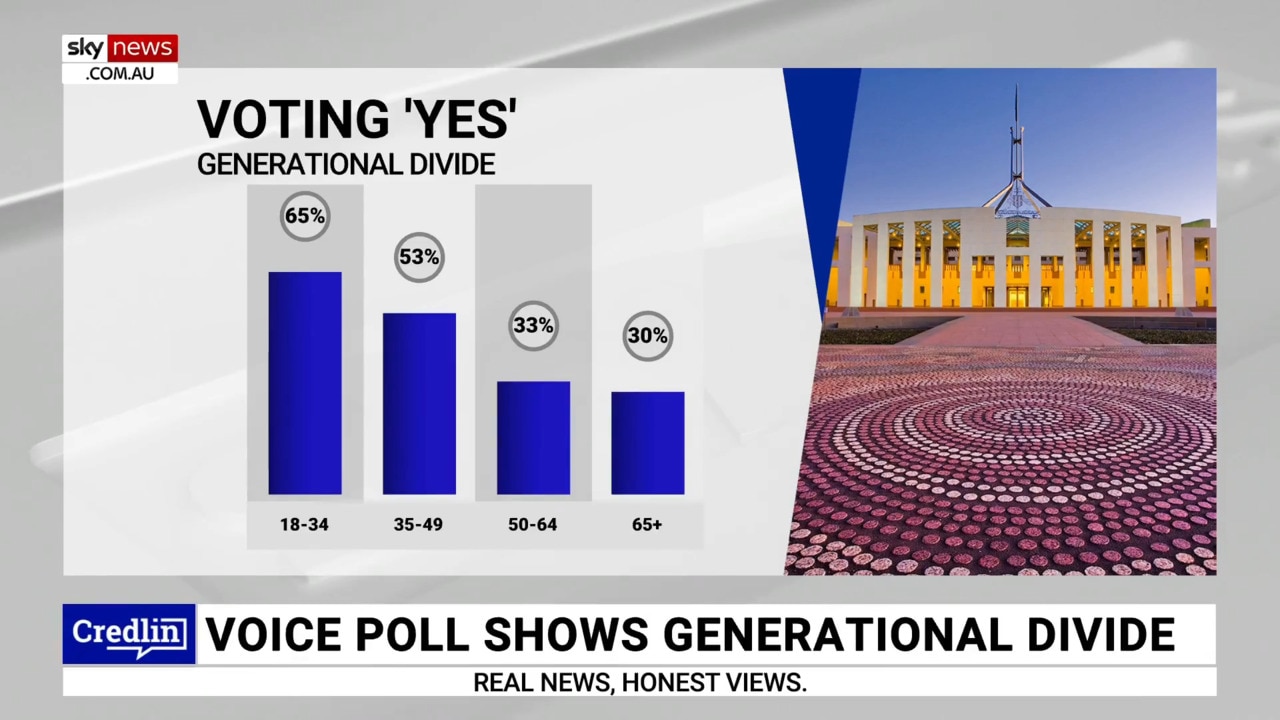
This increases the power of the No campaign’s “if you don’t know vote no” and underscores people’s need for information. It also signals what could be a stepping stone effect where voters don’t switch directly from one side to another but take a stepping stone – such as an independent candidate – on the way to complete change.
Albanese has deliberately avoided supplying detail as he tried to avoid the difficulty of the Republican referendum which failed because of splits over a preferred model and concerns about the impact of the change. Perhaps Albanese’s use of more radical language about the voice is designed to draw back those sliding Greens and young voters but that only exacerbates the problem of trying to attract Coalition supporters and older Australians who are concerned it is too radical.
Between April and June there was a fall from 39 to 30 per cent for the voice among those aged over 65 and a rise in the No vote from 58 to 61 per cent as well as a tripling of the don’t knows from 3 per cent to 9 per cent.
So, the strongest movement against the voice is among Coalition supporters and yet Albanese has made no real effort to attract Coalition support through any compromise during the referendum process because of his belief the world has changed and community groups and business carry more weight than politicians.
As well, the PM was banking on the underlying political ploy of blaming Peter Dutton if the referendum fails and dismiss him and the Coalition as irrelevant if it passes. If the referendum does fail and it is seen that it is Albanese’s strategy that excluded a good third of the voting population and allowed a creeping uncertainty to erode the positive support of Labor, Greens and young voters it will be clear where the responsibility rests.
These latest Newspoll numbers are not a direct comparison but with all polling showing the same trends in dwindling support for the voice to parliament no one with any feeling for success of the referendum could be confident of sticking to the two grand strategies.

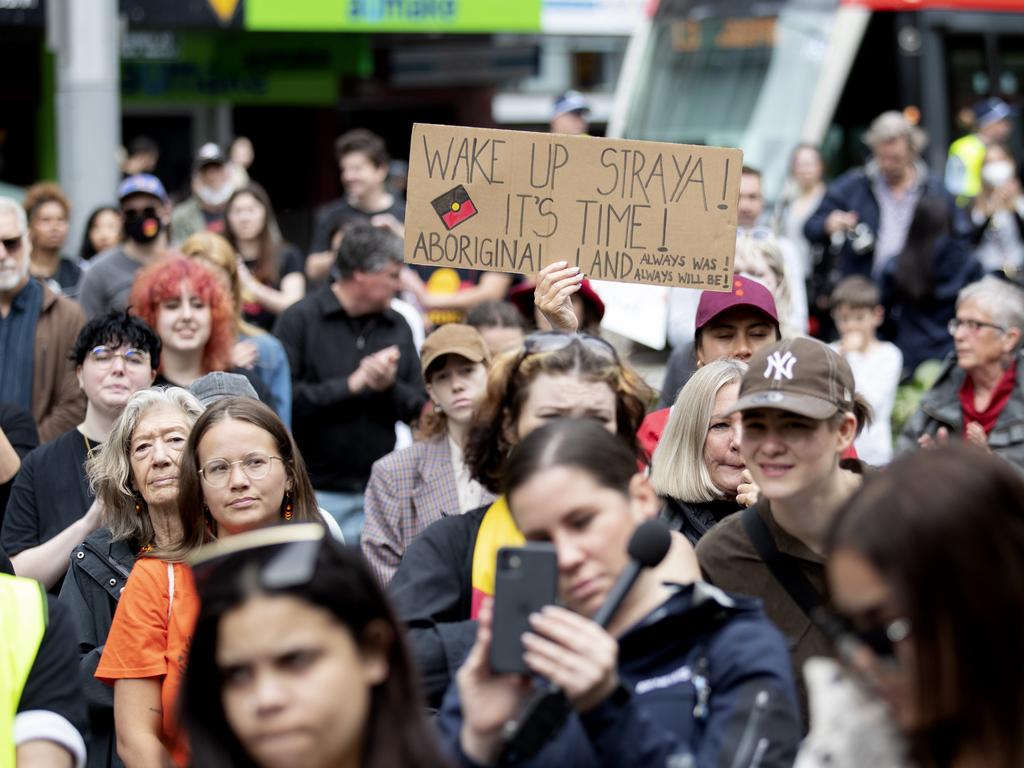
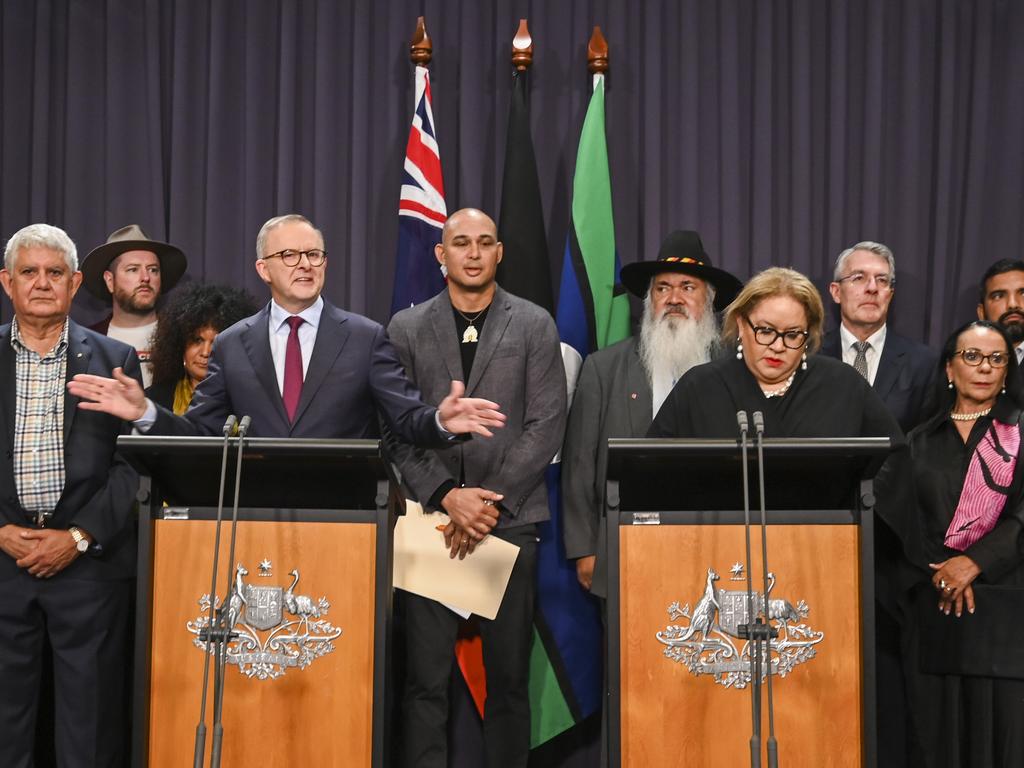
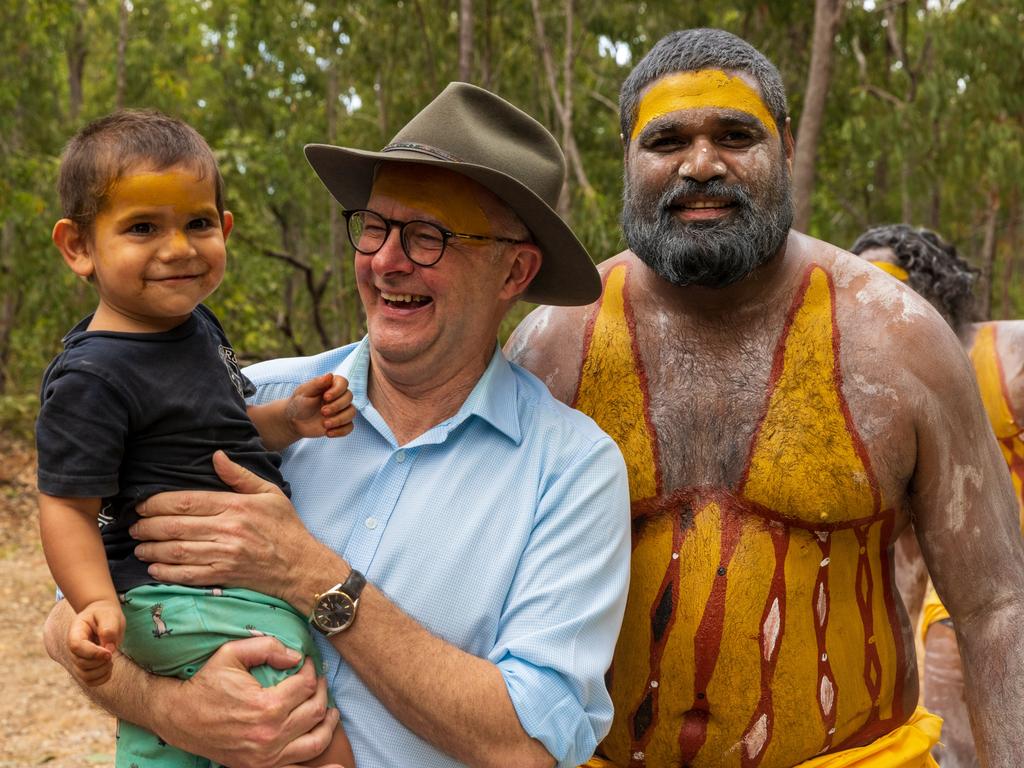


The latest Newspoll figures suggest two of Anthony Albanese’s key strategies in his bid to pass the referendum on an Indigenous voice to parliament – to avoid giving detail and to eschew bipartisan support – are failing.